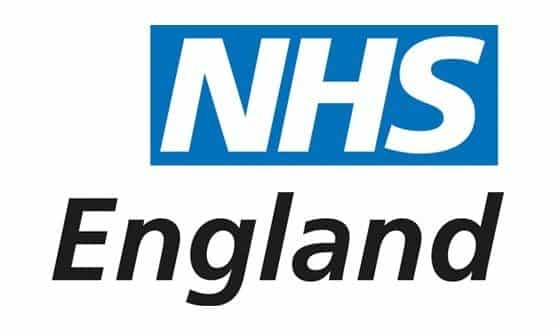Patient safety alert system launched
- 7 February 2014

NHS England has launched a National Patient Safety Alerting System to highlight patient safety risks in NHS organisations.
The three-level system aims to ensure warnings of potential patient safety risks can be developed faster. By April this year, NHS England will begin to publish monthly data on trusts that fail to confirm they have complied with acting on alerts within the given timeframe.
NHS England’s director of patient safety, Dr Mike Durkin, said that all treatments carried out by the NHS had some ‘inherent risk’ and that the system was about identifying and minimising those.
“The National Patient Safety Alerting System will ensure that no identified risk or potential risk to patient safety is held up in a long process of consultation and discussion before it is highlighted to every part of the NHS,” he said. “It will also ensure that individual providers have very clear instructions on how to minimise risks, and that they clearly account for what they have done to fulfil them.”
Previously, information about risk was identified through two systems. The Central Alerting System was run by the Medicines and Healthcare Products Regulatory Agency.
The National Reporting and Learning System was used to report and analyse patient safety incidents such as falls or surgical errors and was run by the National Patient Safety Agency. When the agency closed in June 2012, the responsibility was transferred to NHS England.
The new Patient Safety Alert System will become an integrated reporting route, meaning all reporting information and feedback on incidents will go through the same system.
The system has three stages. ‘Stage One’ warning alerts are issued to ensure staff are aware of potential issues at the earliest opportunity. If the alert requires further action, a ‘Stage Two’ alert will give the staff examples of good practice on how to mitigate the risk.
If necessary, a ‘Stage Three directive’ alert will be issued where organisations are required to confirm they have undertaken specific actions and processes to mitigate the risk. The alerts will be distributed via the Central Alerting System.
Trusts which fail to declare that they have complied with any of the three stages of alerts will be named publicly every month. NHS England also expects the CQC to use the data as part of its system for identifying trusts in need of inspection.
Last August, former health advisor to US president Barack Obama, Professor Don Berwick, launched a report with recommendations on how NHS organisations can improve the safety of patients, which called for the NHS to do more with patient safety data.
Elaine Inglesby-Burke, executive nursing director at Salford Royal NHS Foundation Trust and a member of the ‘National Advisory Group on the Safety of Patients in England’, which advised Professor Berwick, said she is very happy with the launch of the system.
“Having a system for patient safety alerts which can notify the NHS about risks to safety more quickly and which can monitor compliance more robustly, is an essential way to make sure the whole service learns when things have gone wrong and we know what needs to be done to prevent it from happening again,” she said.




